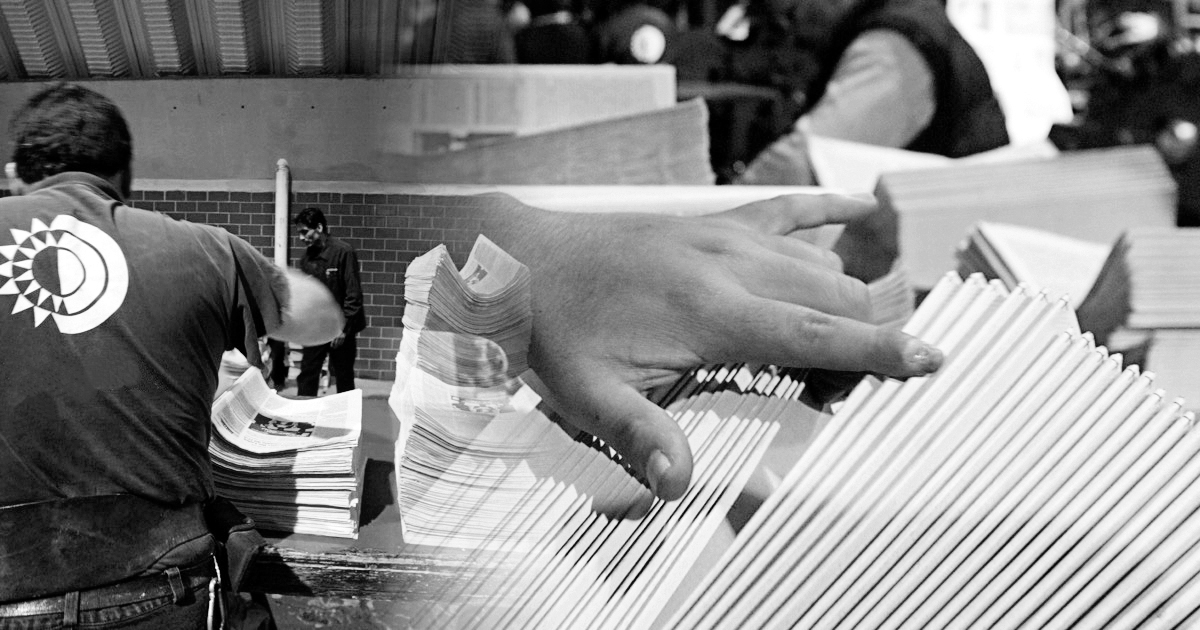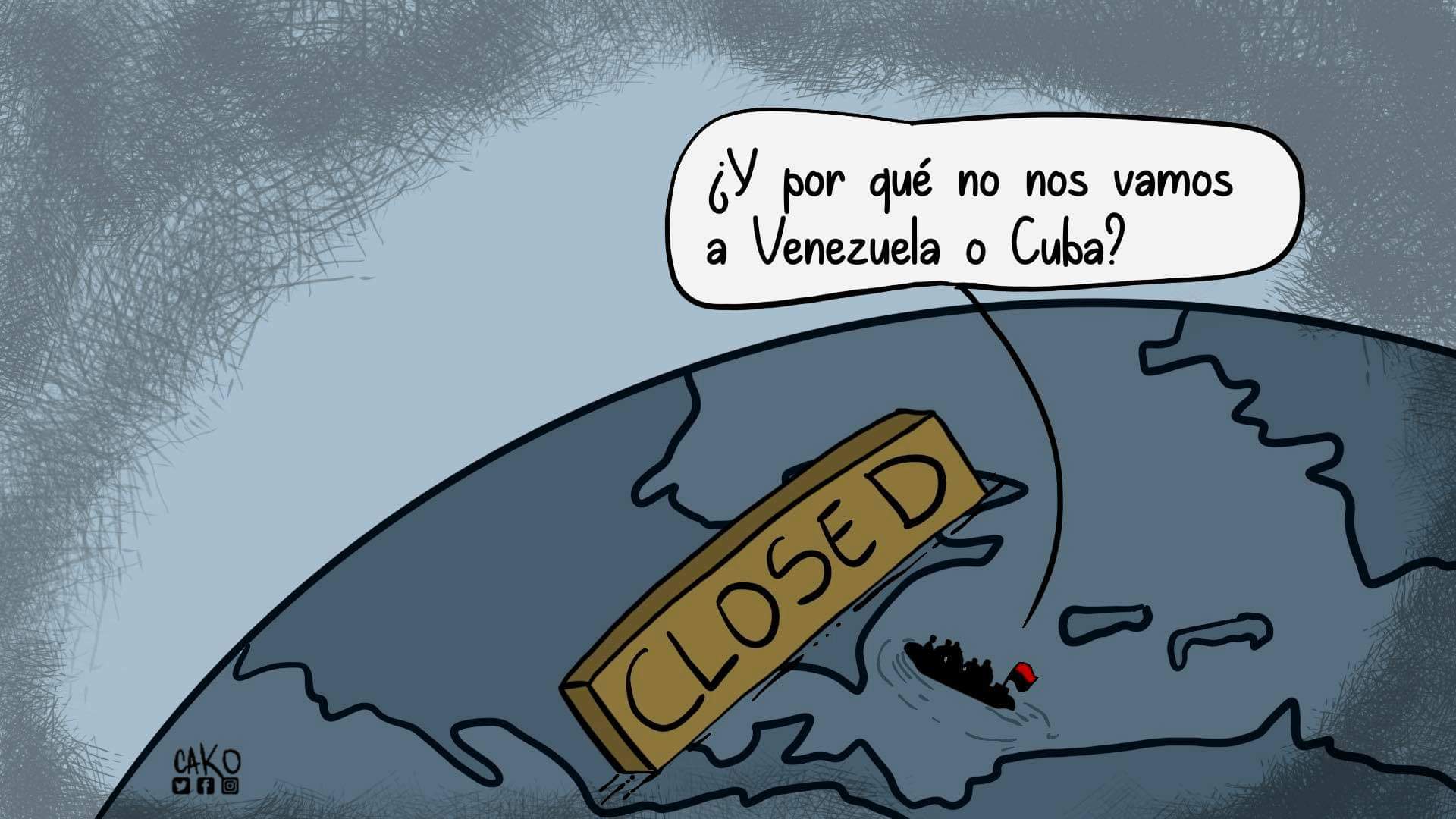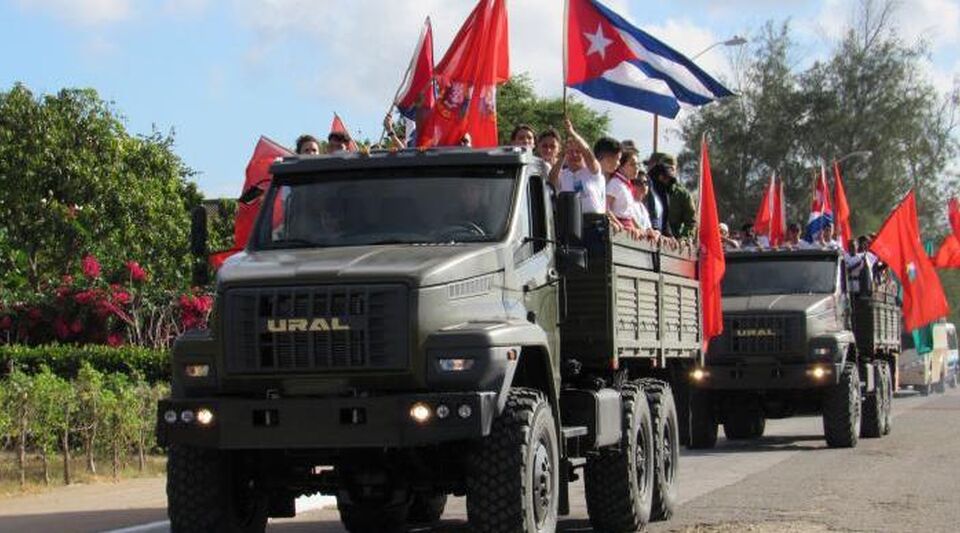L
ula suffered hot flashes before celebrating his third assumption of power. He suffered them by failing to gain control of Congress and because by forming his cabinet he was forced to create an indispensable harmony among the actors in his motley second round. He begins conditioned by a country divided politically and between tension and hope.
The most immediate problem is the atmosphere of violence against political security promoted by Bolsonaro. He was dissatisfied with his defeat, stirred up the roost and, tearful, went to Miami. The country is divided as a result of his virulence. It does not bode well for a new government.
Unlike his first presidency, 2003-10, Lula today is 77 years old. There are almost 20 more than then and add the wear and tear of a terrible trial and almost two years in jail.
In 2003, the political environment on the continent was tense. Political systems, of various tendencies, functioned with reasonable stability. Nestor Kirchner in Argentina, Ricardo Lagos in Chile, Hugo Chávez in Venezuela, Álvaro Uribe in Colombia, Alejandro Toledo in Peru.
Mexico, a country labeled by itself as center-left, at that time was experiencing a government, that of Fox, that proclaimed itself to be center-right. He never looked south, he was only interested in his complete enchilada with the US. Today the country faces a stormy end of government.
Those scenarios are far from the current one. A few months ago it seemed that fresh winds from the modern left were bathing it. It seemed that the presidents headed people who were generally hopeful and satisfied.
Despite numerous regional international organizations, 10 of them, there is no South American project. The Southern Cone is a puzzle.
Something decomposed outside and inside Brazil: On the outside, the Southern Cone resembles an archipelago with presumable volcanic activity: Peru, Colombia, Bolivia, Argentina, Ecuador, Venezuela.
Inside, the isolation and rudeness of the Bolsonaro regime inherits serious divisionism with serious effects on governability. He leaves the colossus injured, bloodless, unproductive and in debt.
Abroad, the relays in Argentina that were endogamic Kirchnerist magic, a left granddaughter of Peronism, stand out. The result is the cyclical crisis within the government. The economy, as always, is in trouble.
Chile elected a surprising president due to his youth, 36 years old, his ideological orthodoxy, efficient oratory and courage. That cocktail of virtues soon collided with reality.
His Congress rejected his key project right away: a progressive Constitution that would replace the one promulgated by Pinochet in 1981.
Venezuela remains the political mystery of the century. It is said that everything is going wrong, that life is unbearable. One truth is that human rights are violated on a daily basis. From this arises Juan Guaidó, a charismatic opposition leader, whose followers have just removed and annulled the supposed interim presidency.
Guaidó was officially recognized as interim president of his country by imperialism and others, including the Vatican. All of them, once brave democrats, have suddenly been left without an interlocutor. Faced with such comedy, Maduro laughs. Of course, nothing is wrong with him!
In Colombia, after several right-wing regimes exemplified by Álvaro Uribe, the government of Gustavo Petro, clearly leftist, has just begun. It is one more journey of hope.
Petro presides over a government that emerged from the urban guerrilla Movement April 19 (M-19), active since 1974 and as a political movement since 1990. Petro is an exemplary leader who inevitably inherited the bureaucratic structure of those who until recently were his mortal enemies. .
They put him in prison for two years. As always, Washington, the oligarchy, the armed forces and the very powerful National Police were in cahoots. Today Petro must govern them.
In that first Lula government, Europe danced with solemn elegance the waltzes suggested by hypercapitalism, the new face of colonialism. NATO was the obese guardian that kept everything going. Russia had the internal rebels of hers. Somehow, to everyone’s misfortune, that doesn’t exist anymore. We live in a war without adjectives.
Now Brazil must resume the principles and commitments of international coexistence, a situation that fits with the old aspiration of Lula and his Foreign Ministry to obtain a permanent seat on the UN Security Council.
Lula being a determined internationalist, that would be a logical conclusion. Now, perhaps as a sign of a new face, he avoided signing a joint statement in support of the president of Peru, Pedro Castillo.
Yes, Colombia, Argentina, Bolivia and Mexico did, with the invincible argument that he was elected by the people, even if it was only to avoid the elevation of Keiko Fujimori.
What meaning can this broken scenario have for the new Lula? Part of the answer lies in the fact that he presides over the most powerful country in Latin America, which enjoys great prestige as a political leader and in his firm vocation as an internationalist.








